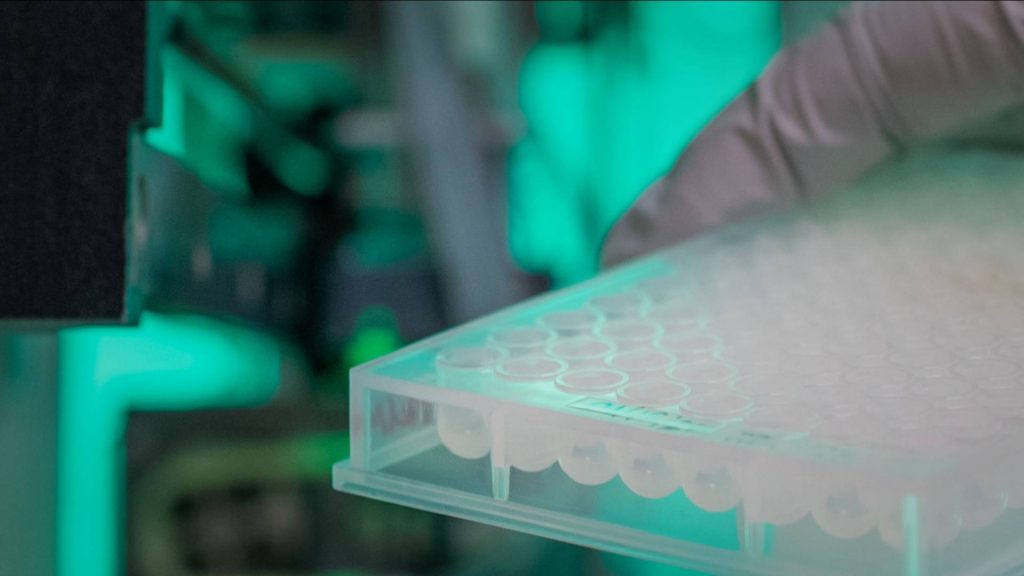-
Science Saturday: Progressive alliance advances science through patient-powered research

Harnessing the power of patients’ lived experiences and their biospecimen data, a unique relationship between a nonprofit patient advocacy group called The MOG Project, a team of Mayo Clinic neurologists, and the Autoimmune Neurology Laboratory at Mayo Clinic has created a synergetic bridge that’s advancing the science behind a devastating neurological illness.
Myelin oligodendrocyte glycoprotein antibody-associated disease, or MOGAD, is a rare, central nervous system demyelinating disorder that can render an individual blind, paralyzed, or comatose.
“If there is anything I could say about the relationship, it is not one-sided,” says Julia Lefelar, executive director and co-founder of The MOG Project. “I truly believe we would not be able to help patients like we’re helping them without the support, advice, and involvement of Dr. (John) Chen, Dr. (Eoin) Flanagan, Dr. (Sean) Pittock, and Dr. (Cristina) Valencia Sanchez. They are the world authorities on this subject. I don’t think we could do what we do without them.”
For patients affected by MOGAD, accessing the expertise and world-class multi-disciplinary care provided by the Mayo Clinic neurologists and neuro-ophthalmologists who serve on The MOG Project’s medical advisory board can be life-changing.
Read the rest of the article on the Mayo Clinic Laboratories blog.
____________________________________________
Other Mayo Clinic medical research websites:
- Research at Mayo Clinic
- Discovery’s Edge
- Center for Individualized Medicine
- Center for Regenerative Biotherapeutics
- Center for the Science of Health Care Delivery
- Mayo Clinic Comprehensive Cancer Center







